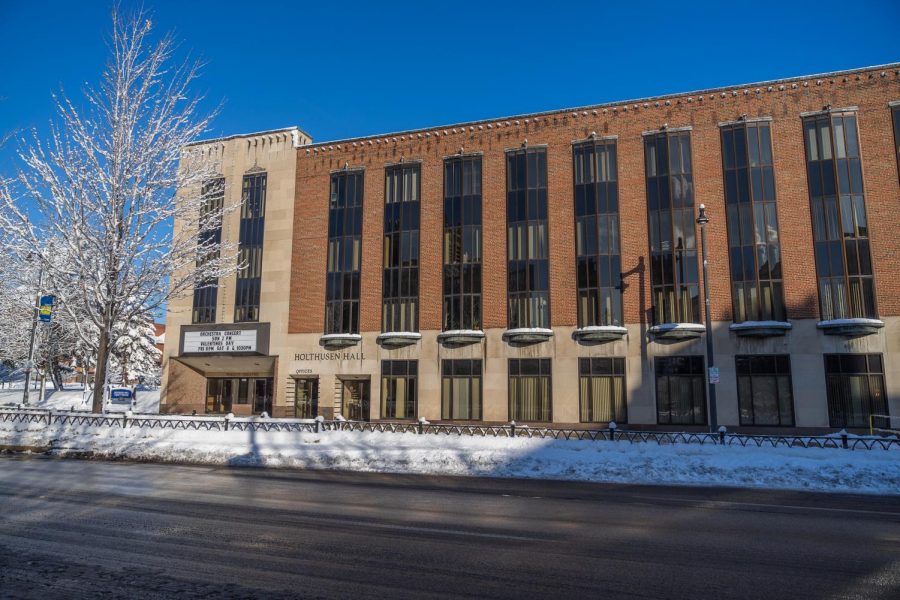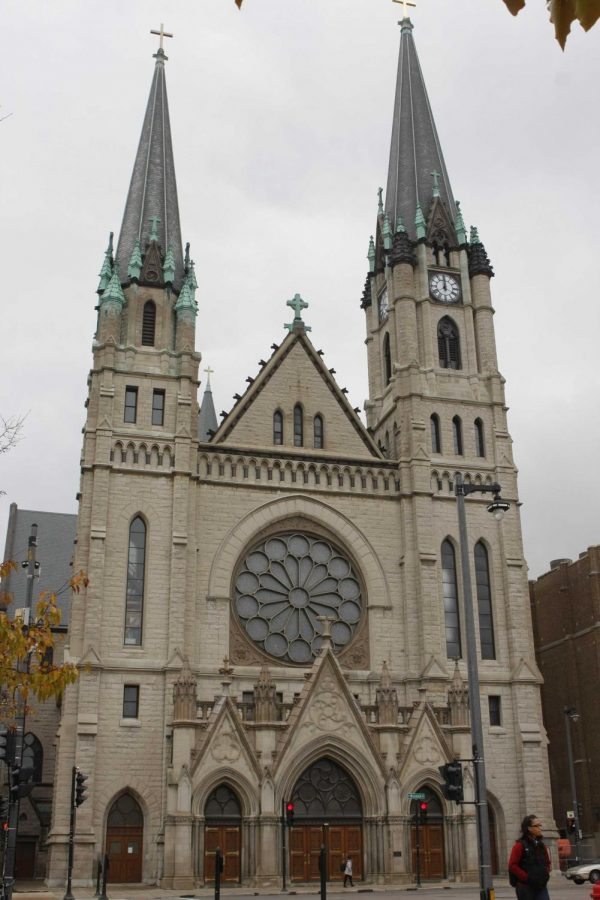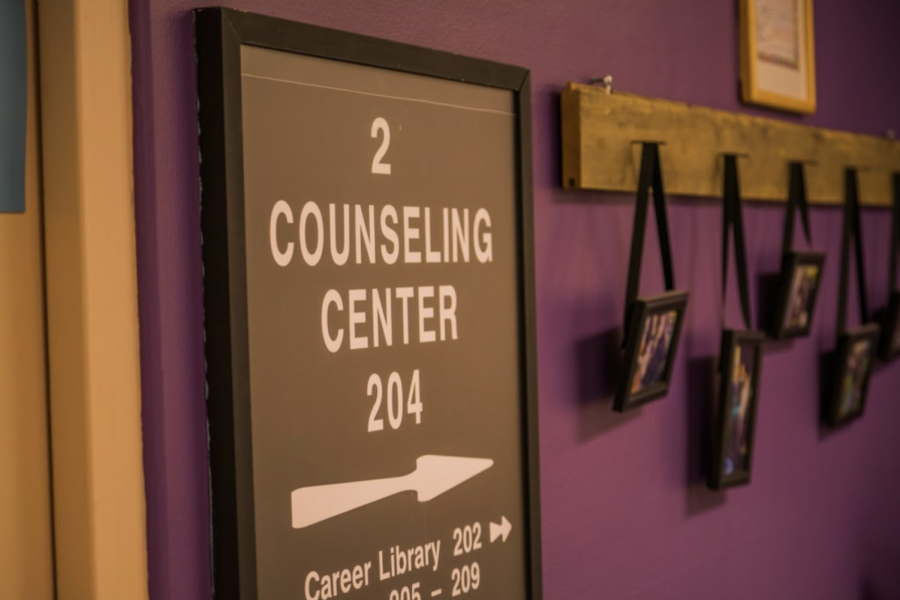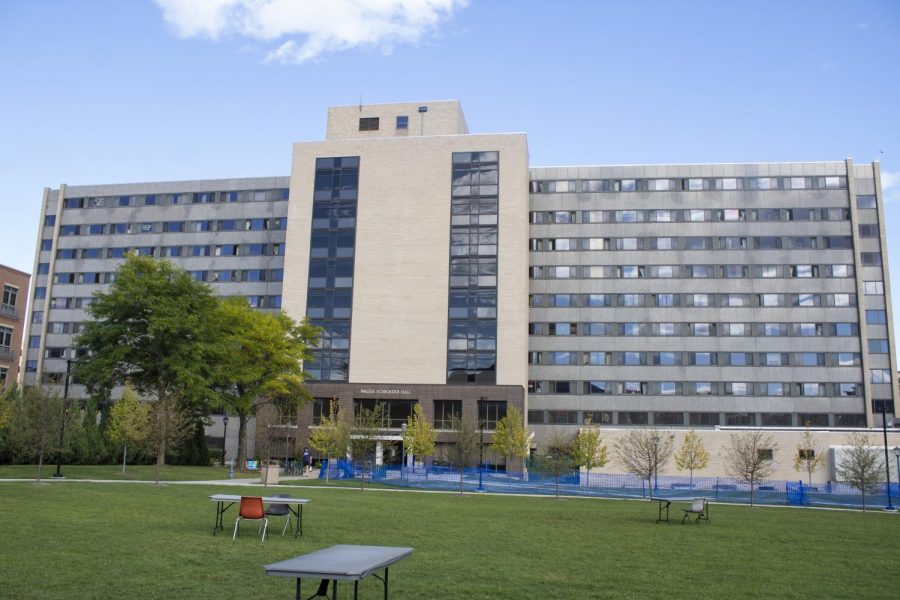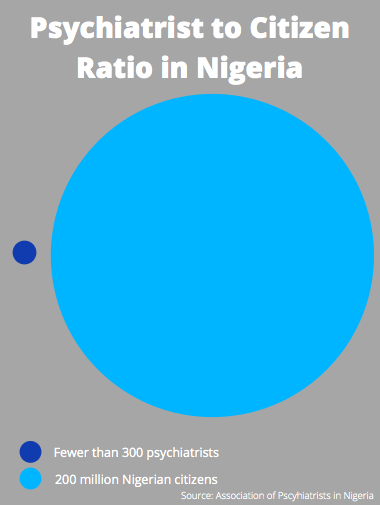The Marquette University Counseling Center must prevent further confusion and frustration among students by proactively and clearly communicating the extent of its services.
The Counseling Center offers free individual and group counseling sessions for students for a variety of needs, including mental health conditions like depression or anxiety. Although the services are free, they are limited in availability to students long-term.
Several students told the Marquette Wire that the Counseling Center stopped their on-campus treatment after a certain period of time.
Licensed psychologist Deborah Contreras-Tadych, a coordinator for underrepresented students at the Counseling Center, said the Counseling Center follows a short-term model that increases the number of students the center is able to serve. With fewer students in long-term therapy, more students can get off the center’s waitlist.
This approach may prove adequate for students with less severe conditions and benefit those on the center’s waitlist. However, an abrupt end to treatment can be harmful to students.
The Counseling Center refers some students to other treatment options in the area following their limited time. Despite this, students develop relationships and trust with their on-campus counselors. The on-campus location also adds convenience to counseling appointments amid classes and busy schedules. Additionally, some students previously told the Marquette Wire that the center did not refer them elsewhere. One student said they found other treatment with the help of their academic adviser.
The short-term model may be the center’s necessary method, considering the student-to-counselor ratio at Marquette is approximately 787-1. This compares to the national ratio of 1,737-1 at colleges and universities, according to the American Psychological Association in 2017.
If the short-term model is unavoidable, then the Counseling Center must make this evident to students before they receive treatment. It can be jarring and unsettling for students to suddenly lose access to a resource on which they depended. By knowing that their counseling sessions will end after a limited period of time, students can prepare for other arrangements. Otherwise, they can choose to forgo treatment at Marquette’s center and go somewhere with long-term options.
The Counseling Center remains a helpful option for struggling students, especially those without insurance or financial means to cover medical expenses. The work done at the center is undoubtedly important. But to provide students with the best experience, Counseling Center employees must be transparent with the center’s limitations from the outset.
Counseling Center outreach coordinators have declined to comment in response to recent Marquette Wire inquiries regarding students who expressed concerns with limited one-on-one counseling. The center should reconsider its communication approaches with the broader community and better articulate its policies to those it helps.
Marquette is not the only university with a short-term model. Loyola University Chicago Wellness Center employs a similar approach, offering “brief individual psychotherapy, which means that students have a limited number of (individual) sessions,” according to the Wellness Center’s website.
The Wellness Center at Loyola provides students seeking longer-term services with referrals to outside resources, making sure to match them with providers and clinics within their financial means — similar to Marquette’s process. Employees need to make the terms of the current model clear in informational materials and interactions with students.
University President Michael Lovell acknowledged the need for more mental health resources on campus at his university address Jan. 29.
University spokesperson Chris Stolarski said the university is committing funds to increase Counseling Center staff. He said in an email that Lovell is “committed to improving mental health care and support at Marquette.” Lovell also said in his annual address that the university received an anonymous $8 million gift for the purpose of addressing mental health concerns.
Although this gift is not specifically for the Counseling Center, Lovell said during his address that the university is committing significant funds to the center. The university should make sure the Counseling Center is well-equipped to address student needs. Improving mental health resources is important, but so is being straightforward with the limitations of these resources.
A previous version of this editorial incorrectly stated that the $8 million gift toward the mental health provider pipeline will go toward the Counseling Center. The Wire regrets the error.

